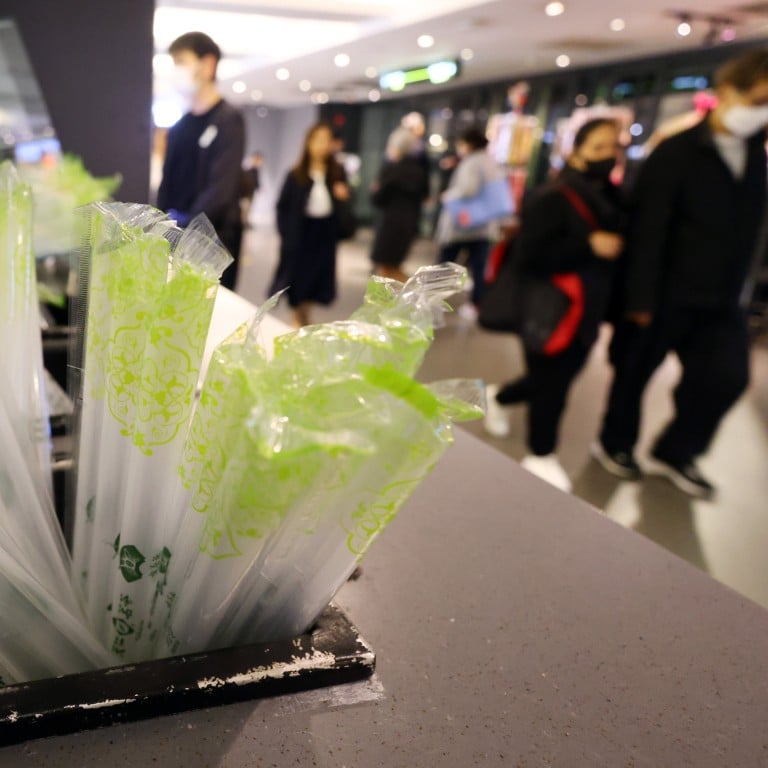
Letters | On Earth Day, Hong Kong must reckon with the inconvenient truth about plastic
- Readers discuss why Hong Kong’s ban on single-use plastics should be embraced, and the need for the city’s residents to do to their bit to prevent wastage of food
The theme of Earth Day 2024 is Planet vs Plastics, advocating a 60 per cent reduction in global production of all plastics by 2040 for human and planetary health.
You might wonder why plastics are considered a problem these days when they have been widely used in our daily lives, from beverage bottles and meal containers to shopping bags and fast fashion.
So, allow me to take you through the life journey of plastics. Plastics are a kind of synthetic polymer, a product of oil refining processes. Around 400 million tonnes of plastic are produced a year globally.
Plastic bottle waste is just the tip of the iceberg. Even more worrying is the continuous increase in single-use plastic production – around 36 per cent of all plastics made go into single-use packaging.
The production, use and disposal of plastics are predicted to generate 19 per cent of global carbon emissions by 2040. Hence, plastics not only contribute to the global waste crisis but also worsen climate change.
Although more people are actively practising waste recycling in Hong Kong, the overall plastic recovery rate remains low (12.3 per cent in 2022). That means our strong desire for convenience has outweighed our recycling efforts.
For an effective implementation of the ban that yields desirable outcomes, the business sector has a role to play. Offering discounts to consumers who bring their own containers or lending customers deposit-bearing reusable containers, for example, can achieve a triple win – for people, profit margins and the planet.
Edwin Lau Che-feng, executive director, The Green Earth
Enough with the food waste, Hong Kong
Food waste in Hong Kong has reached disastrous proportions. Around the world, 828 million people are starving every day, and yet people here are still wasting food. Hong Kong’s food waste recycling rate is only 5 per cent.
Our city has just three landfills, and about 3,300 tonnes of food waste is sent to them daily. Due to the fact that the amount of waste in the landfills is building up so quickly, they are expected to be full by 2030.
We can all do our part by decreasing the amount of food on our plates and only taking portions that we know we can finish. Is it really necessary to waste food?
Haley Ka, The Peak

